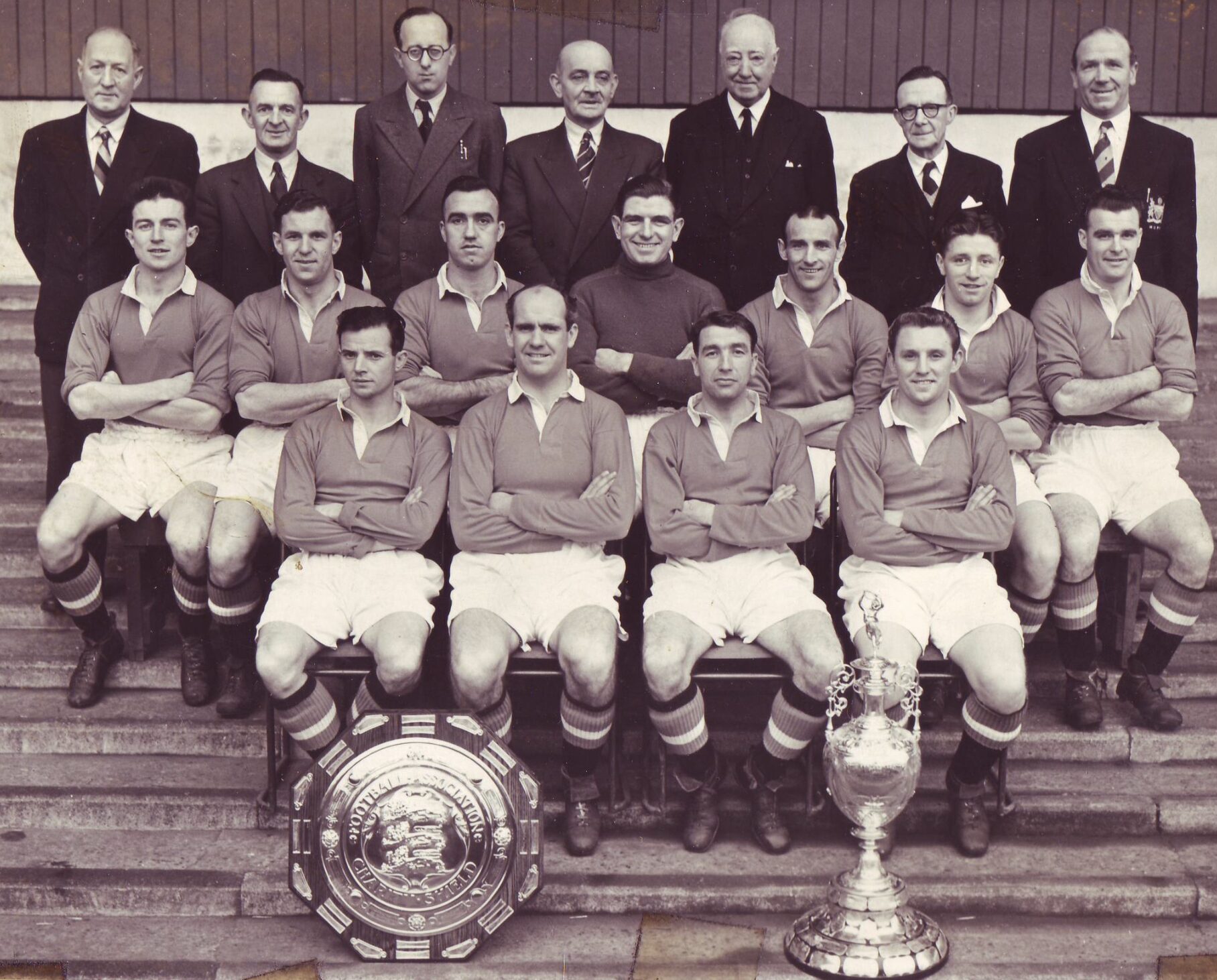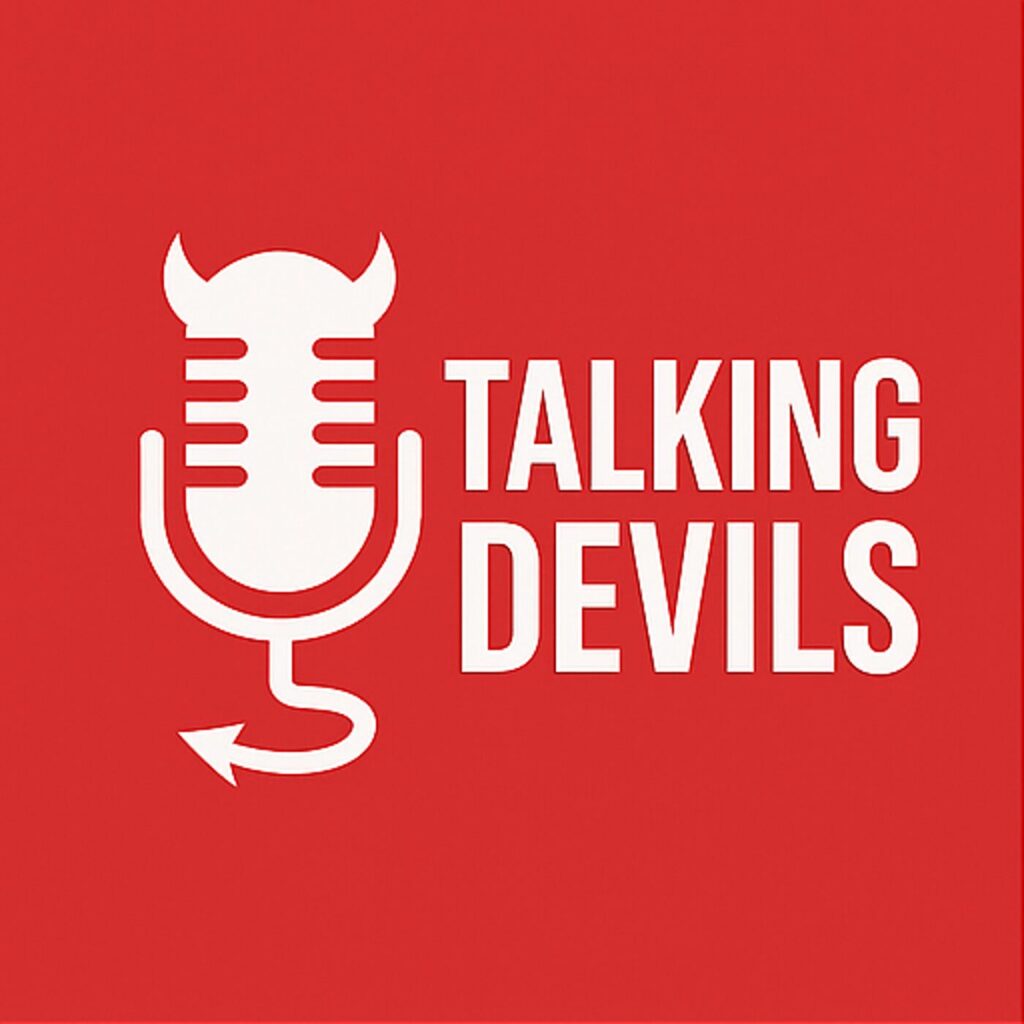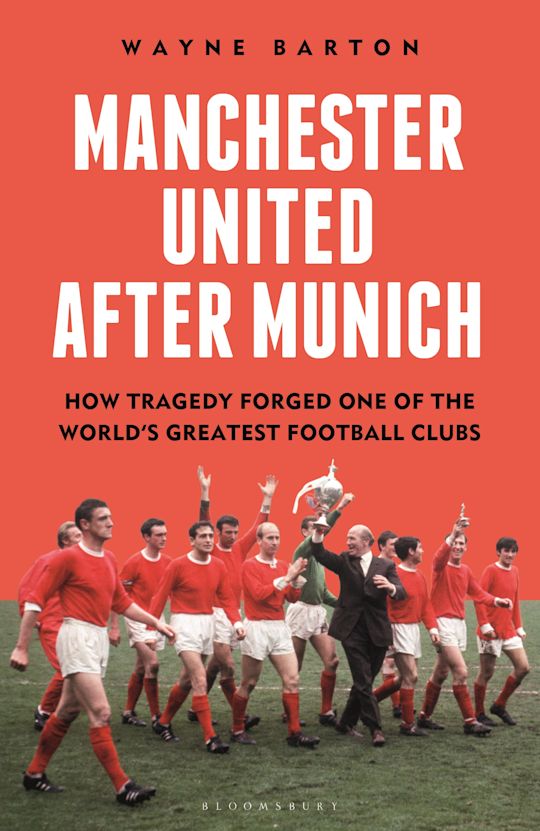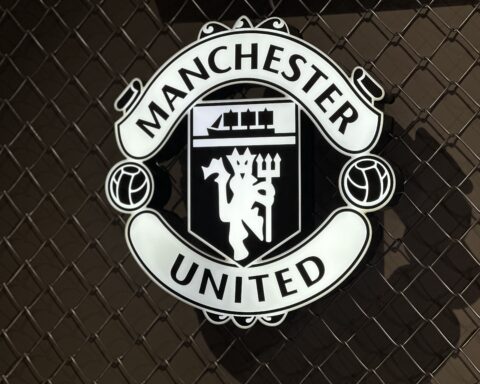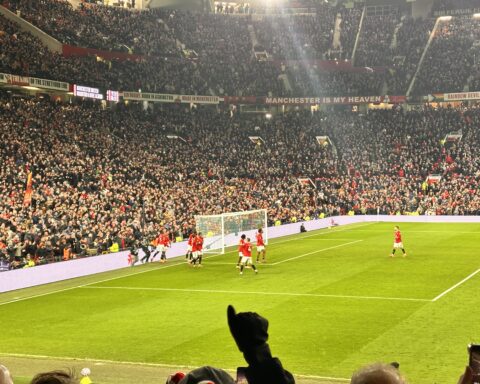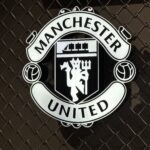When Manchester United lifted the First Division title in 1952, it marked far more than the end of a 41-year wait to be crowned champions of England. It was the beginning of a story that would define the club’s identity for generations. At the heart of it all was Matt Busby, the Scottish manager who had taken over after the Second World War and set about building a side that would play with courage, youth, and attacking ambition. That championship was the first great reward for his vision, a triumph achieved by a team that fused the wisdom of established veterans with the promise of young players who were only just beginning to leave their mark.
The club that Busby inherited in 1945 was in many ways a sleeping giant. Manchester United had last won the league in 1911, and while the FA Cup triumph of 1948 offered a glimpse of progress, United were more often seen as gallant challengers than as winners. Their home ground, Old Trafford, had been heavily damaged by bombing during the war, and the team had been forced to play its matches at Maine Road, home of their local rivals Manchester City. Yet Busby looked beyond those difficulties. He wanted Manchester United not only to compete but to embody a new style of football: energetic, youthful, and adventurous.
In his first five seasons in charge, United finished runners-up in the league four times. The team had quality, but they always seemed to fall just short when it mattered most. As the 1951–52 season began, there was both optimism and uncertainty. Could this be the year the team finally made the breakthrough?
The squad was led by experienced figures who had carried the club through post-war challenges. Johnny Carey was captain, a player admired for his composure, versatility, and leadership. Allenby Chilton brought reliability at the back, while Jack Rowley and Stan Pearson provided goalscoring threat. They were men who had given their best years to Manchester United, who had endured the hard seasons of rebuilding, and who were determined to taste the success they had so often pursued in vain.
But the side also carried the first hints of something new. Young players such as Jackie Blanchflower and Mark Jones were starting to emerge, both still in their teens when the season began. Blanchflower’s adaptability meant he could slot into defence or midfield, while Jones looked every inch a future mainstay at centre-half. These players were the early shoots of what would later become known as the Busby Babes — a generation of talented youngsters raised within the club, encouraged to play without fear, and destined to define an era.
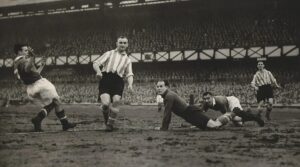
The league campaign unfolded with a steady build of momentum. United did not dominate from start to finish, but they found ways to stay in contention and, crucially, to rise to the occasion in the matches that mattered most. The team’s attacking philosophy was clear in the number of goals they scored, with Rowley and Pearson often on the scoresheet, but their defensive strength under Carey and Chilton gave them the resilience to withstand pressure.
The defining game of the season came against Chelsea in the penultimate fixture on April 21st. If Busby’s side won, they were almost guaranteed of the title due to goal average. The manager watched his side go a goal up and then witnessed as his captain, the veteran Johnny Carey, advanced from full-back.
“I’d gone from just outside our own penalty area, up toward the Stretford end, and I kept going,” Carey recalled, “nobody was coming to challenge me. I got just outside the box. Sad I thought, well, I have to have a crack at it.”
He did – firing with his left foot from distance, putting United 2-0 up, and starting the parties.
In the last game, Arsenal visited Old Trafford. Arsenal were the dominant force of English football in the years before the war and had continued to be a benchmark for success. It was the old guard versus the vibrant future, a United team personified by Busby’s freedom of expression.
What followed was a stunning 6–1 victory at Old Trafford, a match that has lived long in the club’s history. United’s combination of fluid attacking play and relentless energy overwhelmed the Gunners. It was not just a win; it was a statement that United knew they were playing as champions.
Manchester United were crowned champions of England. The league trophy had returned to Old Trafford for the first time in over four decades.
For Johnny Carey, it was the pinnacle of his long service to the club. He had been at United since the 1930s, through the interruptions of the war, and had captained them to the FA Cup in 1948. Now he had his hands on the league title, a fitting reward for years of dedication. For Rowley and Pearson, too, it was vindication. They had been central figures in United’s near misses, and now they could call themselves champions.
But perhaps the greatest significance of the 1952 triumph lay not in what it ended but in what it began. While the veterans savoured their moment of glory, Busby was already looking to the future. The average age of the championship-winning side was one of the oldest in the division, and he knew that change was needed if United were to sustain their success. The gradual integration of Blanchflower and Jones into the team was the start of that process. Soon they would be joined by the likes of Duncan Edwards, Eddie Colman, and Bobby Charlton, forming the core of the side that would be celebrated — and mourned — as the Busby Babes.
The title of 1952 gave Busby the authority to press forward with his plans. It proved that his belief in youth and attacking football could yield tangible rewards. It gave supporters the sense that Manchester United were no longer just contenders but genuine leaders in the English game.
And it reshaped the identity of the club itself.
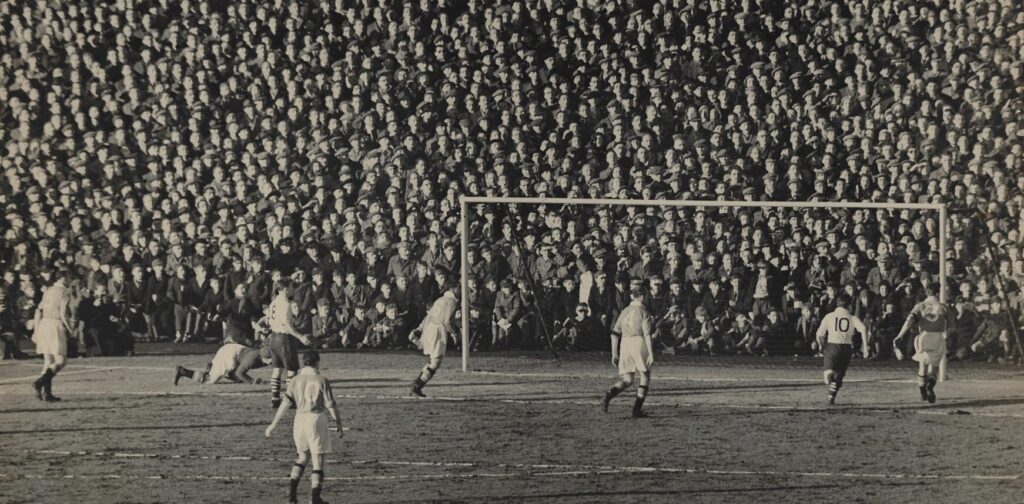
Supporters who had waited since 1911 for a league championship celebrated with an intensity that reflected the scale of the achievement. For the city of Manchester, still bearing the scars of wartime damage and reconstruction, the triumph offered pride and hope. It was a reminder of what could be accomplished with resilience, teamwork, and belief.
In hindsight, that league win occupies a special place in Manchester United’s history. It was not as glamorous as later triumphs, nor was it accompanied by the dazzling European nights that would follow in the years ahead. But it was foundational. Without 1952, the story of the Busby Babes and the legacy of Matt Busby might never have unfolded in quite the same way.
It was a title that honoured the veterans, those who had carried the club through lean years, while also pointing to a future driven by youth. It was the first proof that Manchester United could embody the vision of their manager: bold, forward-looking, and unafraid of challenges. It was the moment when the club stepped out of the shadows of its rivals and began the ascent that would, in time, make it one of the most famous names in world football.
The 1952 championship win was not simply about lifting a trophy. It was about transformation. It was about Johnny Carey leading a side that combined experience and emerging talent to the summit of English football. It was about Jack Rowley’s goals, Allenby Chilton’s dependability, and Stan Pearson’s craft. It was about Jackie Blanchflower and Mark Jones, whose presence symbolised the dawning of a new era. And above all, it was about Manchester United becoming, for the first time in decades, champions again — not by accident, but by design.
That season remains a cornerstone of the club’s story. It may not carry the glamour of later triumphs, but it was the championship that changed everything, the one that turned promise into reality and began a legacy that still resonates today.
Want to hear more? The full episode of A Complete History Of Manchester United, hosted by Wayne Barton and the late Patrick Barclay, is available on our podcast here at Apple Podcasts and on all podcast providers.
